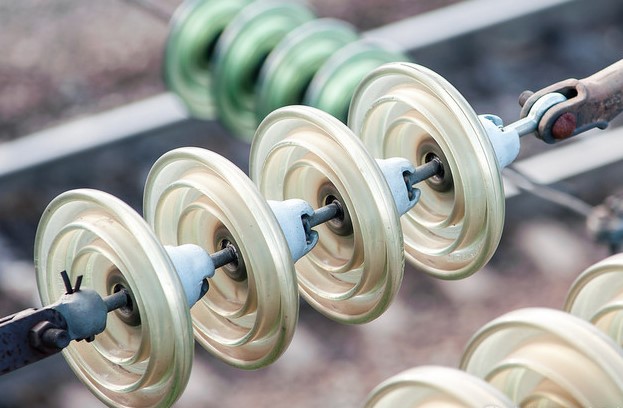The manufacturing of insulators is crucial for the electrical industry. As demand for reliable power systems increases, so does the need for efficient production methods. Automation and smart technologies play a vital role in enhancing insulator manufacturing. This article explores how these technologies improve production efficiency and quality control.
The Role of Automation in Manufacturing
Automation refers to the use of technology to perform tasks with minimal human intervention. In insulator manufacturing, automation streamlines various processes. This includes material handling, assembly, and testing.
1. Automated Material Handling:
Automated systems manage the transportation of raw materials and finished products. Robotics and conveyor systems reduce manual labor. This increases efficiency and minimizes the risk of human error.
2. Precision Assembly:
Automated assembly lines ensure precise placement and fitting of components. Robots can consistently perform tasks like bonding, molding, and sealing. This precision enhances product quality and reduces defects.
3. Speed and Efficiency:
Automation significantly speeds up production cycles. Machines can operate continuously without breaks. This increases overall output and reduces lead times, meeting the demands of the market.
Smart Technologies in Manufacturing
Smart technologies integrate advanced data analytics, the Internet of Things (IoT), and artificial intelligence (AI) into manufacturing processes. These technologies provide valuable insights and enhance decision-making.
1. IoT Integration:
IoT devices collect real-time data from manufacturing equipment. This data includes machine performance, production rates, and maintenance needs. By monitoring these parameters, manufacturers can optimize operations and reduce downtime.
2. Predictive Maintenance:
AI algorithms analyze data from IoT devices to predict equipment failures. Predictive maintenance allows manufacturers to address issues before they escalate. This proactive approach minimizes unplanned downtime and extends equipment lifespan.
3. Enhanced Quality Control:
Smart technologies facilitate more effective quality control processes. Machine learning algorithms can analyze inspection data to identify patterns. This helps detect defects earlier and improve overall product quality.
Benefits of Automation and Smart Technologies
The integration of automation and smart technologies brings several benefits to insulator manufacturing.
1. Increased Production Efficiency:
Automated processes allow for faster production cycles. This results in higher output levels and lower manufacturing costs. Manufacturers can produce more insulators in less time, meeting customer demands effectively.
2. Improved Quality Assurance:
With automation and smart technologies, manufacturers can achieve higher consistency in product quality. Automated inspections can detect defects more accurately than manual checks. This leads to fewer returns and enhanced customer satisfaction.
3. Cost Savings:
Reducing manual labor through automation lowers labor costs. Additionally, predictive maintenance minimizes costly equipment repairs. Overall, these technologies lead to significant cost savings for manufacturers.
Challenges and Considerations
While automation and smart technologies offer numerous advantages, there are challenges to consider.
1. Initial Investment:
Implementing automation and smart technologies requires significant upfront investment. Manufacturers must evaluate the return on investment (ROI) to justify the costs.
2. Workforce Training:
As automation increases, the workforce must adapt to new technologies. Training programs are essential to ensure that employees can operate and maintain automated systems.
3. Cybersecurity Risks:
Integrating IoT devices and smart technologies exposes manufacturers to cybersecurity risks. It is crucial to implement robust security measures to protect sensitive data and systems.
Future Trends in Insulator Manufacturing
The future of insulator manufacturing is poised for further advancements. Emerging technologies will continue to reshape production processes.
1. Advanced Robotics:
Next-generation robots will become more sophisticated. They will be able to perform complex tasks and work alongside human operators. This collaboration will enhance efficiency and productivity.
2. Artificial Intelligence:
AI will play an increasingly significant role in manufacturing. Advanced algorithms will optimize production schedules, inventory management, and quality control. This will lead to more streamlined operations.
3. Sustainable Practices:
As environmental concerns grow, manufacturers will seek sustainable practices. Automation can reduce waste and energy consumption. Incorporating eco-friendly materials and processes will become a priority.
Conclusion
Automation and smart technologies are transforming insulator manufacturing. These advancements improve production efficiency and quality control. By integrating automated systems and smart technologies, manufacturers can meet the rising demands of the electrical industry. The future of insulator manufacturing looks promising, driven by innovation and technology.



